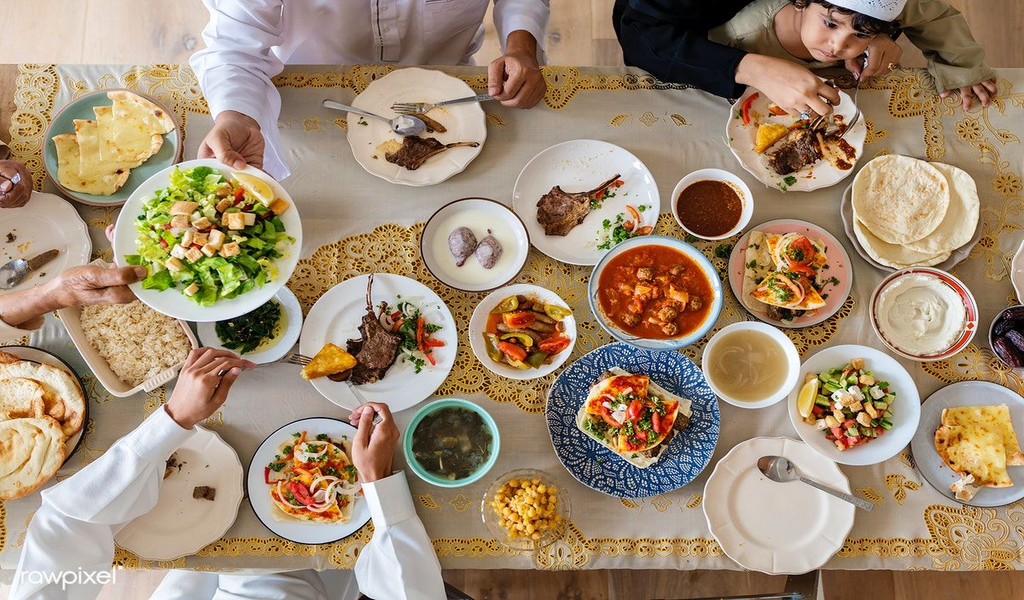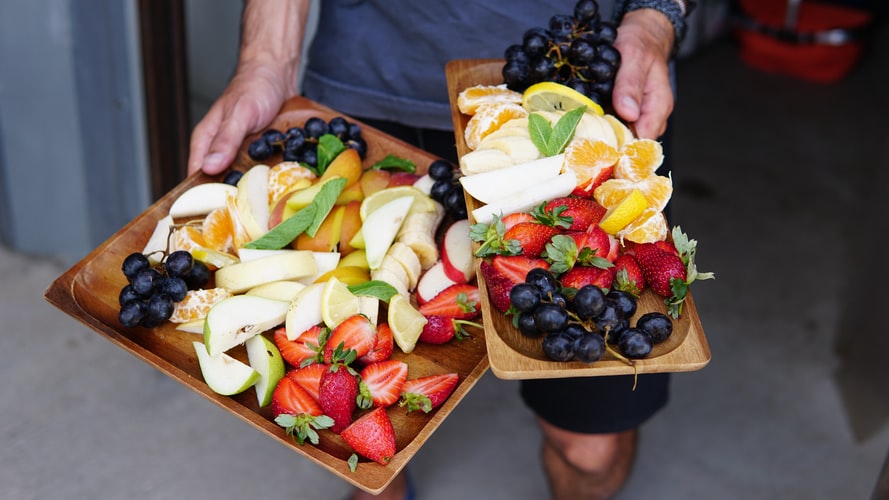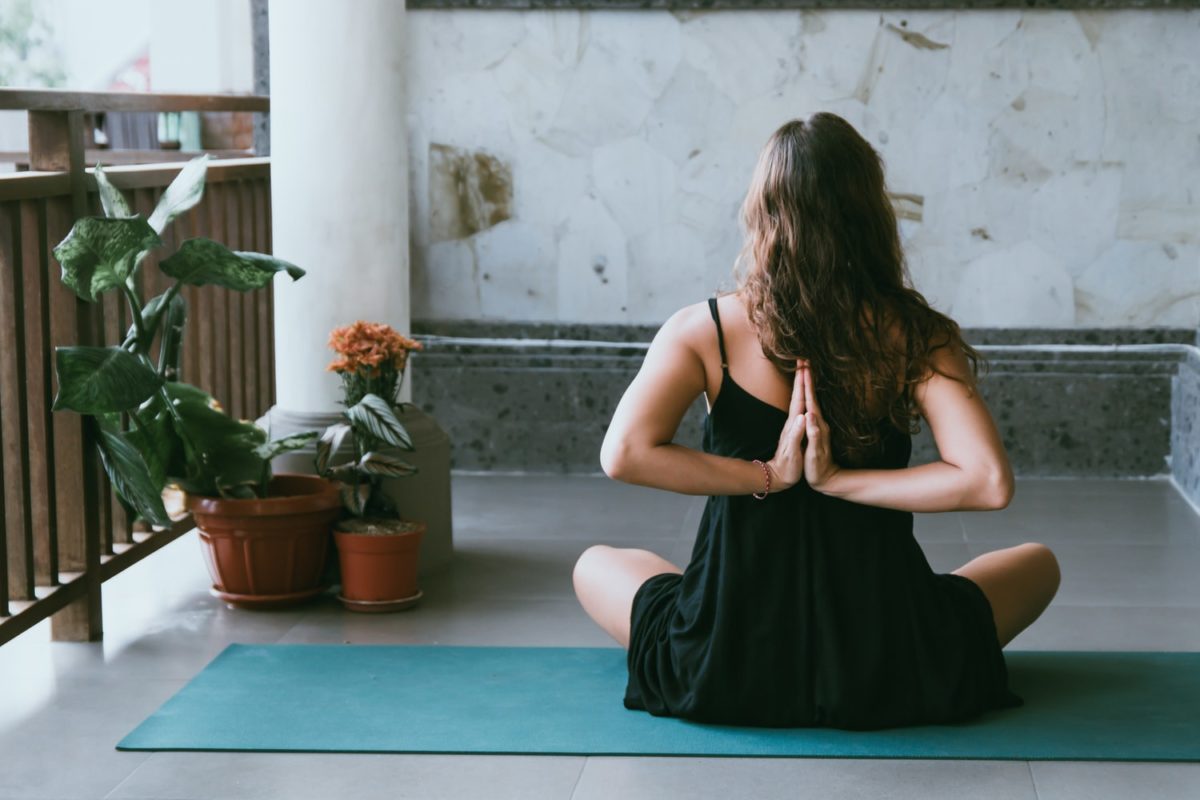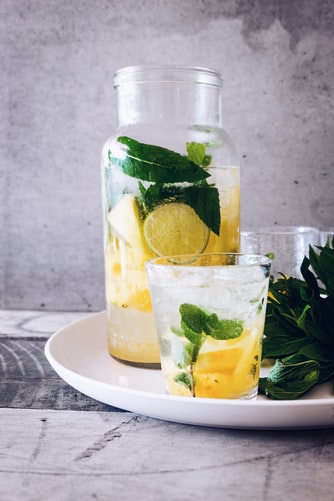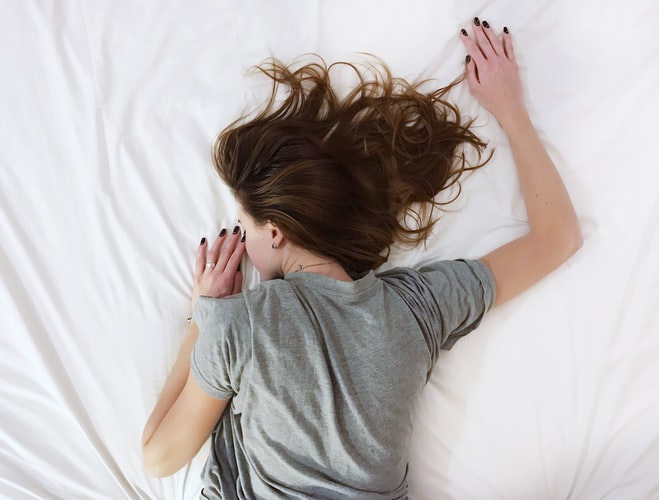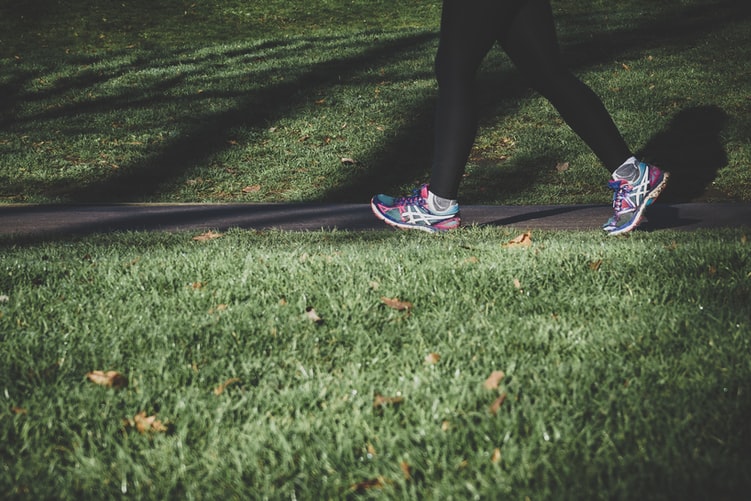Wedding Affair hopes that this Eid in quarantine was as joyful as ever for everyone. With the love and proximity of our family, we are sure this time too, it must have brought as good cheer as any. And like we feel after almost any festival in India, it is the time to put a hold to binge-eating sweets and tasty festive dishes. So, there is not a need to rail into a guilt trip post excessive eating for Eid. You don’t need to do much to return to your lovely self, post this festive eating gala. Follow these steps enlisted by Wedding Affair for an easy slip into a healthier lifestyle.
Wholesome Healthy Diet
Post-Eid one must not start skipping meals to lose weight altogether. Skipping meals and eating lesser portions is not the solution to a healthier lifestyle. One must include all kinds of foods to avoid parching your body of certain necessary nutrition. One must definitely look at a healthy breakfast. A nutritious, well-balanced breakfast can give you energy and prevent you from eating too much during the rest of the day. Eat necessaries like eggs, oatmeal, fruits and yoghurt daily for the wholesome development of your health. What’s more, one cup of berries contains only 50–85 calories depending on the type. Berries also pack antioxidants called anthocyanins, which protect your heart and may help you age better.
Yoga and Meditation
Now yoga and meditation are quite often suggested for a healthy way of living. These aren’t just popular for nothing. Some types of yoga are about relaxation. In others, you move more. Most types focus on learning poses, called asanas. They also usually include attention to breathing. But even less vigorous styles of yoga, such as Iyengar or Hatha, can provide strength and endurance benefits. When done right, nearly all poses build core strength in the deep abdominal muscles. Also, meditation helps you deal with your routine much better. Whether it’s by reducing stress, improving sleep, increasing focus, or improving relationships, research shows mindfulness works. Try this after your Eid festivities are done to kick start a new healthy lifestyle.
Water and Juices
Maintaining hydration is extremely important whether you following a diet or not. Water keeps every system in the body functioning properly. Giving your body enough fluids to carry out those tasks means that you’re staying hydrated. If you don’t drink enough water each day, you risk becoming dehydrated. Warning signs of dehydration include weakness, low blood pressure, dizziness, confusion, or urine that’s dark in colour. Similarly, you must enough juices as they provide your body with ample vitamins and minerals.
Monitor Sleep Cycle
You must maintain a sufficient sleep cycle to help your body be ready to absorb the fitness regime. Without a healthy amount of sleeping hours, your body starts feeling fatigued and restless. Poor sleeping habits also plant stress and mentals disorders in your brain. On average, adults should optimally receive between seven and nine hours of sleep each night, but those needs vary individually. For example, some people feel best with eight consecutive hours of sleep, while others do well with six to seven hours at night and daytime napping. Some people feel okay when their sleep schedule changes, while others feel very affected by a new schedule or even one night of insufficient sleep.
Walking Daily
Make it a habit to walk daily once Eid festivities are done. The healthiest habit you can start right about today is walking daily. You have no idea how healthy it is to take morning or evening walks regularly. Daily walking increases metabolism by burning extra calories and by preventing muscle loss, which is particularly important as we get older. “Walking is the number one exercise I recommend to most of my patients because it is very easy to do, requires nothing but a pair of tennis shoes, and has tremendous mental and physical benefits,” Dr Jampolis explains Prevention. The American Diabetes Association says walking lowers your blood sugar levels and your overall risk for diabetes.





